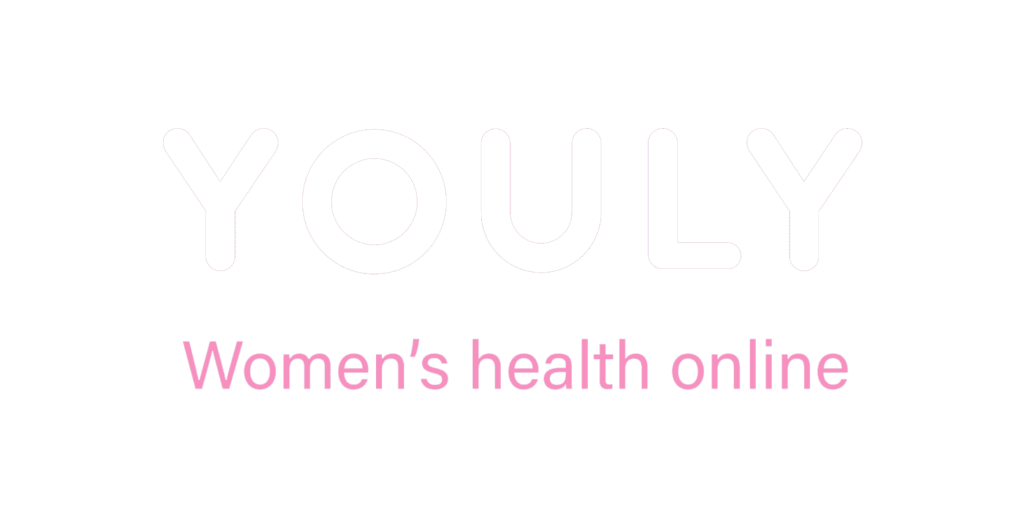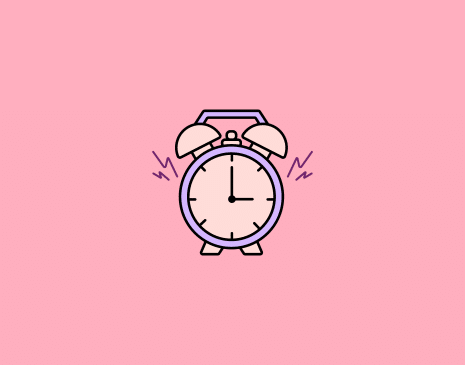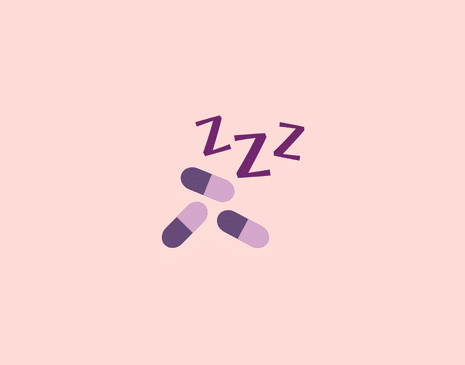In the realm of sexual health, knowledge is power, and understanding your birth control options is paramount. The morning after pill, often referred to as the emergency contraceptive pill, is a vital resource for women who find themselves in a situation where an unplanned pregnancy is a concern. It’s a backup plan that offers a glimmer of hope during moments of uncertainty. But one pressing question that often lingers in the minds of those who consider this option is, “How long after sex can you take the morning after pill?”
In this article, we delve into the intricate timeline and considerations surrounding emergency contraceptive pills, providing you with the information you need to make informed decisions about your sexual health. Whether you’re seeking clarity on the morning after pill’s effectiveness, how much the morning after pill costs or personal choices, we’re here to guide you through this essential topic, ensuring you have the facts you need to navigate the situation confidently and safely.
What Is Emergency Contraception?
Emergency contraception serves as a reliable and highly effective method for preventing pregnancy in cases where other forms of contraception have failed or were not employed. It is not meant for regular birth control but is specifically designed for use in particular circumstances, such as condom breakage, contraceptive method mishaps, or instances of unprotected intercourse.

How Does the Morning After Pill Work?
What does the morning after pill do? Well, the primary mechanism of action for the emergency contraceptive pill revolves around averting or delaying ovulation, which is the release of an egg from the ovaries. Additionally, it may impact cervical mucus to hinder sperm from reaching the egg or alter the uterine lining to reduce its receptivity to implantation. Notably, the emergency contraceptive pill is ineffective once fertilisation has already occurred. Therefore, it is not an abortion pill.
When Should You Use Emergency Contraception?
The optimal time to use emergency contraception pills is immediately following unprotected intercourse or contraceptive failure. Prompt utilisation increases the likelihood of preventing pregnancy after unprotected sex. Nevertheless, a few options are available, each with varying windows of effectiveness, so it’s essential to seek guidance from a healthcare professional or pharmacist to determine the most suitable choice for your circumstances.
Types of Emergency Contraception
There are three primary types of emergency contraception:
Levonorgestrel Emergency Contraceptive Pill
This can be obtained over the counter. Its highest efficacy is within 72 hours following unprotected sexual activity.
Ulipristal Acetate Emergency Contraceptive Pill
This prescription emergency contraceptive can be effective when taken within a specific timeframe after unprotected intercourse, with a window of up to 120 hours (five days).
Copper Intrauterine Device (IUD)
A healthcare provider can insert a copper IUD within five days of unprotected intercourse. It stands out as the most effective form of emergency contraception and offers extended-term birth control advantages.
Understanding emergency contraception is paramount for women facing situations where preventing unintended pregnancy is of importance. Armed with knowledge about what emergency contraception is, how it works, when to use it, and the available options, you can make well-informed decisions regarding your reproductive health.
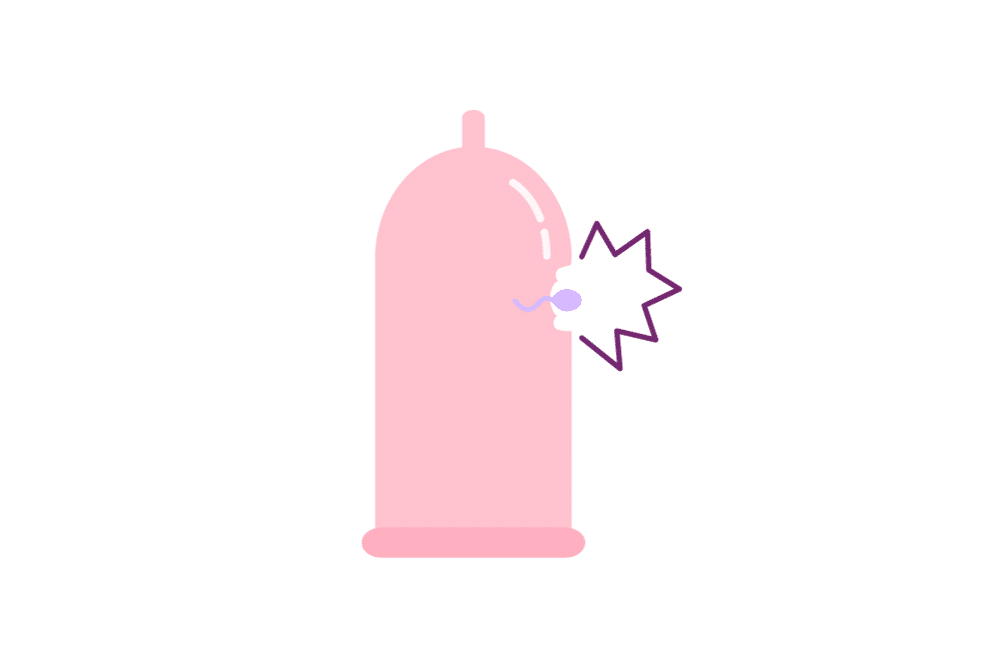
How Long After Sex Can You Take the Morning After Pill?
The timing for taking the morning after pill depends on the specific type of emergency contraception you’re using:
Levonorgestrel Morning-After Pill
This pill is most effective when taken as soon as possible after unprotected sex. It can be taken up to 72 hours (three days) after intercourse, but its effectiveness diminishes over time. The sooner you take it, the more likely it is to prevent pregnancy.
Ulipristal acetate
This emergency contraceptive pill is effective for up to 120 hours (five days) after unprotected intercourse. It provides a slightly longer window of effectiveness compared to the levonorgestrel-based options.
Copper Intrauterine Device
If you opt for a copper IUD as emergency contraception, it can be inserted by a healthcare provider up to 120 hours (five days) after unprotected sex. This method is the most effective emergency contraception option and can also provide long-term contraception benefits.
It’s important to note that the effectiveness of emergency contraception decreases as time passes, so the sooner you take it, the better. However, it is still recommended to take it within the specified time frame, even if you’re close to the end of that window, as it can offer some protection against unintended pregnancy. Remember that taking emergency contraceptive pills is not a substitute for regular contraceptive pills and should be used only in cases of contraceptive failure or unprotected sex. If you have concerns or questions about using emergency contraception, it’s advisable to consult with a healthcare provider or pharmacist.
Where to Get Emergency Contraceptive Pills?
In Australia, you can obtain the morning-after pill from various sources, including:
Pharmacies: Most pharmacies in Australia offer emergency contraception over the counter. You can purchase it without a prescription, and it is readily available.
Online Healthcare Providers: Nowadays, online healthcare providers like Youly offer emergency contraception with same-day delivery.
General Practitioners (GPs): You can consult a healthcare provider, such as a GP, who can prescribe emergency contraception. This is a viable choice if you prefer to discuss your options with a healthcare professional.
Family Planning Clinics: Many family planning clinics and sexual health clinics in Australia provide emergency contraception services. Contact your local family planning clinic to enquire about availability and options.
Women’s Health Clinics: Some women’s health clinics and reproductive health organisations offer emergency contraception services. They can provide guidance and prescriptions if needed.
When seeking emergency contraception, it’s advisable to do so as soon as possible after unprotected intercourse to maximise its effectiveness. The specific brand and type of morning after pill available in Australia may vary, so it’s a good idea to consult a healthcare provider or pharmacist to determine the most suitable option. Additionally, consider discussing regular contraceptive pills and birth control options with a healthcare professional to help prevent the need for morning after pills in the future.
Find out – “Can my boyfriend get the morning after pill for me?”
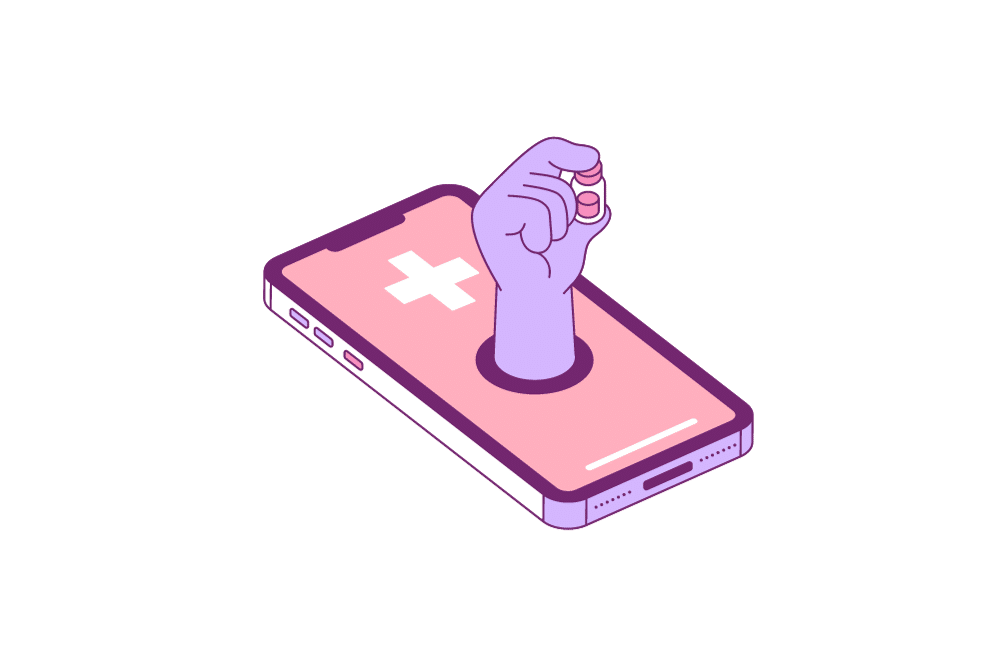
How Much is The Morning After Pill?
The cost of the morning after pill in Australia can vary depending on the specific brand and type you choose, as well as where you obtain it. As a general guideline, you should be able to source the morning after pill for between $20 and $60 in Australia.
Keep in mind that prices may change over time and vary from one pharmacy to another. Additionally, if you have a healthcare provider prescribe emergency contraception, additional consultation fees may exist.
It’s a good idea to call or visit your local pharmacy or online healthcare provider for the most current pricing information. Many pharmacies also offer cheaper generic versions of the morning after pill, so you can also enquire about those options. If cost is a concern, you may also check with family planning clinics or sexual health clinics, as they may offer emergency contraception at a reduced cost or for free.
Making Informed Decisions
Making an informed decision about emergency contraception involves understanding its purpose and time sensitivity. It’s intended for use after unprotected sex or contraceptive failure to prevent unintended pregnancy. The effectiveness of this contraceptive option decreases over time, so prompt action is crucial.
To make an informed choice, consult a healthcare professional to discuss your situation and the available options. Consider your reproductive goals, weigh the potential risks and benefits, and factor in your values and beliefs.
If you decide to use emergency contraception, follow the instructions provided and remember that the process is confidential. After taking the medication, reflect on your decision and its outcomes to inform future choices. The key is to act promptly and thoughtfully to address your reproductive health needs.
